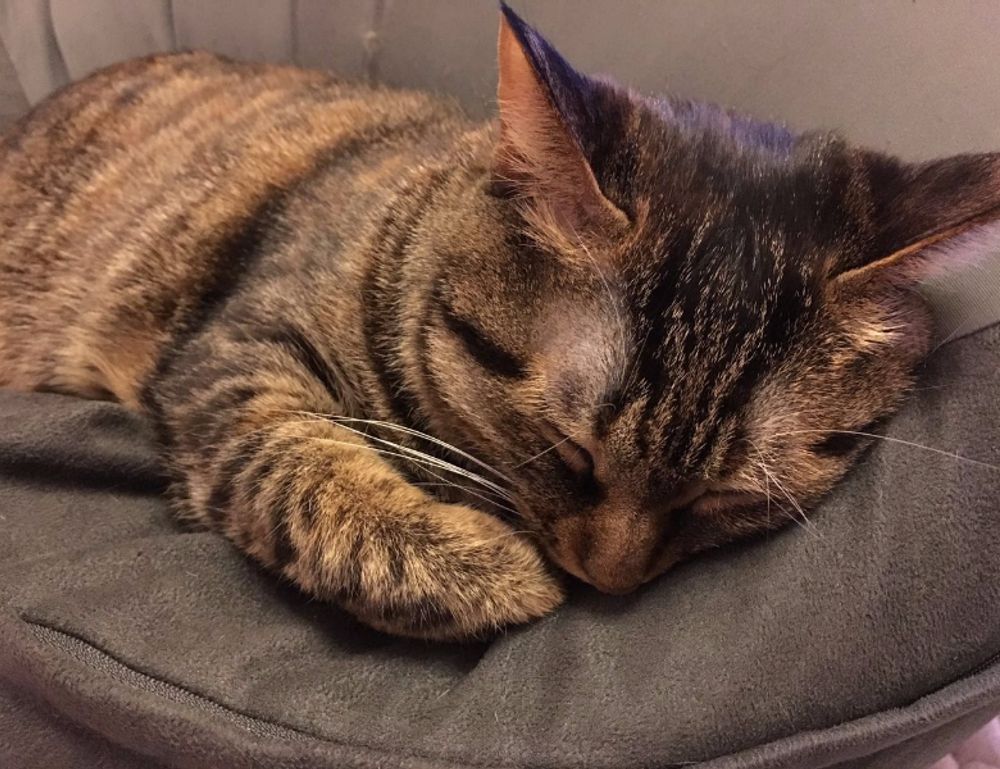What Could 4176225719 Be?
Let’s not overthink it. The most straightforward assumption? It’s a phone number. The 417 area code ties it to southwest Missouri. That section of Missouri includes places like Springfield, Branson, and Joplin. So if you saw 4176225719 pop up on your caller ID, chances are someone from that region was trying to reach you.
But here’s the catch—just because it looks like a phone number doesn’t mean it actually is one. With scams, spam calls, and spoofing on the rise, identifying whether 4176225719 is legit requires a bit more digging.
The Rise of Spam and Unknown Calls
Robocalls are rampant. Everyone’s dealing with them. Your phone rings, and you see a number with a familiar area code. It looks local. You pick up—and boom, it’s someone trying to sell you solar panels or telling you your car warranty has expired.
Numbers like 4176225719 might appear local and trustworthy, but they could also be fake—spoofed numbers created by scammers to get people to answer. It’s common strategy: use a locallooking number to increase the chance of pickup. People are less likely to ignore a number if it seems nearby.
That’s where modern callfiltering tools come in. Apps like Truecaller, Hiya, and builtin features in iOS and Android can notify you quickly if a number is known for spam reports.
4176225719: Tracing the Source
So you’re trying to figure out who or what exactly is behind 4176225719. Start with free reverse phone lookup services. Sites like Whitepages, AnyWho, or NumLookup let you enter a number and find public records tied to it—if available.
If nothing turns up, that’s not surprising. A lot of numbers used in spam or telemarketing campaigns are either burner numbers or spoofed. They vanish quickly or rotate within systems to avoid detection and blocking. If the number has been flagged by enough people, you’ll typically see some reports.
When It’s Not a Phone Number
Numbers like 4176225719 can sometimes be used for other things—tracking IDs, file numbers, account IDs in platforms or systems. If you’ve been given a number like this out of context—maybe by email, in a message, or even written down—it might not even be related to a call.
These types of identifiers often have no trace unless you know what system issued them. For instance, online retailers or logistics companies assign long string numbers for order tracking. In some HR systems or client databases, numbers like 4176225719 identify individuals or files.
Bottom line? Context matters. Without it, you’ve just got ten digits and a question mark.
How to Handle Calls from Unknown Numbers Like 4176225719
Unless you’re expecting a call from someone in southwest Missouri, best practice is simple: don’t answer calls from unknown numbers. Let voicemail do its job. If it’s someone authentic or something important, they’ll usually leave a message.
Got a missed call from 4176225719 and no voicemail? Wait it out. No need to call back. If it’s critical, they’ll reach out again. Calling unknown numbers back can expose your number to more spam lists—and in weird cases, even lead to extra charges if the number is set up maliciously.
Why It’s Useful to Research Unknown Numbers
We live in a connected but often privacychallenged world. Researching a number like 4176225719 isn’t paranoia—it’s smart. Whether for safety, curiosity, or even business due diligence, understanding who’s trying to contact you can prevent annoying calls and protect your data.
For frequent unknown calls, consider registering your number on the National Do Not Call Registry. It’s not bulletproof, but helps reduce marketing calls over time. Also, flagging spam numbers in your callblocking app (including something like 4176225719 if necessary) helps others avoid the same nuisance.
4176225719: Final Takeaway
Whether 4176225719 is just a regular call from Missouri, a spoofed scam signal, or an unrelated identifier, your response should stay levelheaded. Evaluate the context. Does it look like a sales pitch, a scam call, or just a misdialed number?
Use caution, use your tools, and when in doubt—ignore and move on. Life’s too short to spend it decoding random tendigit puzzles.





